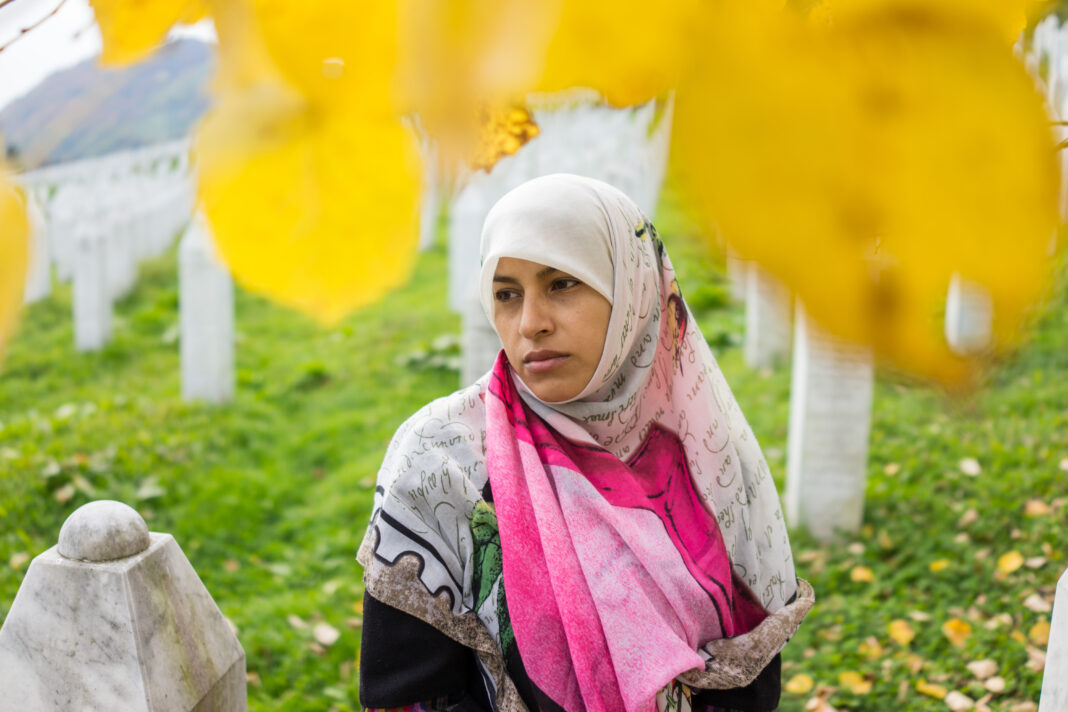by Sofia Silei
Bosnia and Herzegovina, a nation scarred by the horrors of war from 1992 to 1995, is now witnessing a significant step towards justice and equality for its citizens. The conflict, marked by countless atrocities against civilians, including the widespread use of mass rape as a tool for ethnic cleansing and humiliation, left a lasting impact on the region.
Three decades after this war that shook the Balkans, the Parliament of the Federation of Bosnia and Herzegovina (FBiH) enacted a law, in effect since January 2024. This law recognizes as civilian victims of war children born of rape and women who suffered violence during the conflict. Those who have survived this form of violence have now the right, for the first time, to choose between an invalidity pension and a monthly care allowance. Additionally, the law defines the notion and status of “civilian victims of war,” establishing key principles for their protection.
Adnan Delić, Minister of Labour and Social Policy of FBiH, highlighted the considerable effort and expertise invested in drafting the law by both the ministry’s employees and representatives of associations supporting civilian war victims. Another crucial aspect emphasized by the Minister is that a meeting with the law’s subjects, namely women victims of sexual violence during the war, was organized early in the legislative process. These women’s input played a vital role in facilitating the adoption of this law, marking an end to the violence they endured for over thirty years.
Bosnian society has long discriminated against and stigmatized the children of these women, who were not even treated as war orphans by Bosnian society itself. Therefore, this recent legal recognition marks a significant victory, especially for the Association Zaboravljena Djeca Rata (Forgotten Children of War, Zdr) based in Sarajevo. This Bosnian NGO is the first and only one to bring together all children born of sexual violence committed during the war, now young adults aged between 26 and 30 years. These young people fueled the struggle for social and legal recognition through petitions and protest initiatives.
Ajna Jusić, the president of the association, commented: “The adoption of this law is an important step towards the creation of a society based on the equality of all citizens of Bosnia and Herzegovina.” The battle for social and legal recognition by children born of war rape has lasted eight years.
While the association’s goal, as argued by the president herself, goes beyond the recognition of this law, aiming for the creation of a society based on equality and equal opportunities, Ajna Jusić believes that the approval of a regulation cannot fully compensate for the thirty years of indifference towards children born from war rape and their needs.
Nevertheless, the adoption of this law signifies a crucial attempt at peace and marks the initial strides towards establishing a society based on equality for all Bosnian citizens, despite political uncertainty.
On the cover photo, Srebrenica memorial center for war crimes victims commited in Bosnian war ©Zurijeta/Shutterstock.com
























